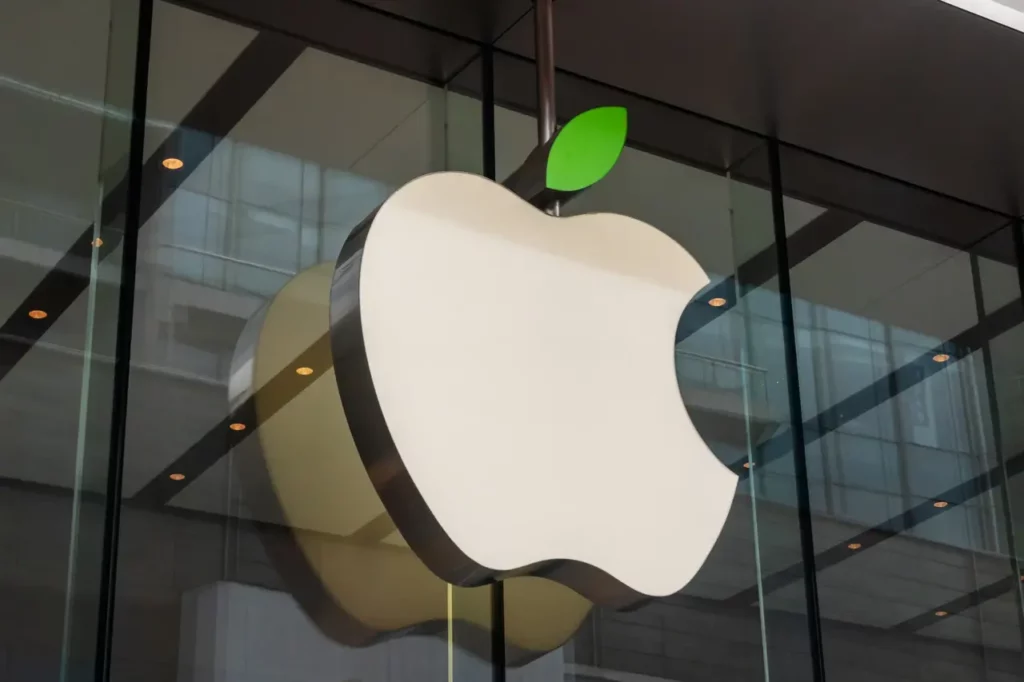6G marks Apple’s proactive venture into the future, as outlined in Gurman’s insights. This move is emblematic of the company’s forward-looking strategy. Amidst ongoing strides in crafting its inaugural 5G modem, Apple’s concurrent exploration of 6G signifies a deliberate commitment to spearheading innovation in the telecommunications landscape
The strategic decision to augment its workforce by actively recruiting engineers underscores Apple’s recognition of the paramount importance of not just keeping pace with current technological trends but also leading the charge in shaping the forthcoming demands of the dynamically evolving wireless communication domain.
Apple’s Strategic Dual Focus On 5G and 6G
This dual emphasis on both advancing 5G capabilities and venturing into the nascent realm of 6G not only underscores Apple’s steadfast dedication to maintaining a competitive edge but also highlights its ambitious aspiration to make substantial contributions to the impending wave of breakthroughs in mobile connectivity.
Apple began developing its proprietary modems following its acquisition of the majority of Intel’s smartphone modem business in 2019. However, the company’s efforts to create internal 5G modem chips have faced significant obstacles, including issues related to ambitious goals, a limited grasp of the complexities involved, and the production of non-functional prototypes.
The recent release of the “Apple iOS 16.2 5G Update” signifies Apple’s ongoing commitment to enhancing its devices’ connectivity features. This update aims to improve the performance and reliability of 5G capabilities on compatible Apple devices. As Apple continues to navigate the challenges of developing its modems, regular software updates like iOS 16.2 play a crucial role in optimizing the user experience and addressing any network-related issues
As per Gurman’s insights, Apple is in a hurry to complete its modem development, aiming to avoid renewing a contract with Qualcomm to purchase the essential component. Gurman notes that Apple has a history of disputes with Qualcomm, and the company is eager to reduce dependence on Qualcomm for this crucial iPhone component.
Developing internal modems would grant Apple increased control over technology and could yield financial advantages. Nevertheless, modem production is a highly challenging process, involving global testing. Gurman highlighted that if Apple’s modem is introduced to the market and fails to perform adequately, it could be a significant setback for Tim Cook during his tenure as Chief Executive Officer.
The 6G standard is not anticipated until at least 2030, providing Apple with a sufficient timeframe to develop and assess its proprietary 6G cellular modems. Contrary to previous claims in a MacRumors report suggesting the discontinuation of Apple’s in-house 5G modem development due to multiple unsuccessful attempts, Gurman, in his newsletter, has refuted these assertions. Instead, he stated that the company is increasingly focusing on 6G while concurrently continuing its efforts in the development of 5G cellular modems.



